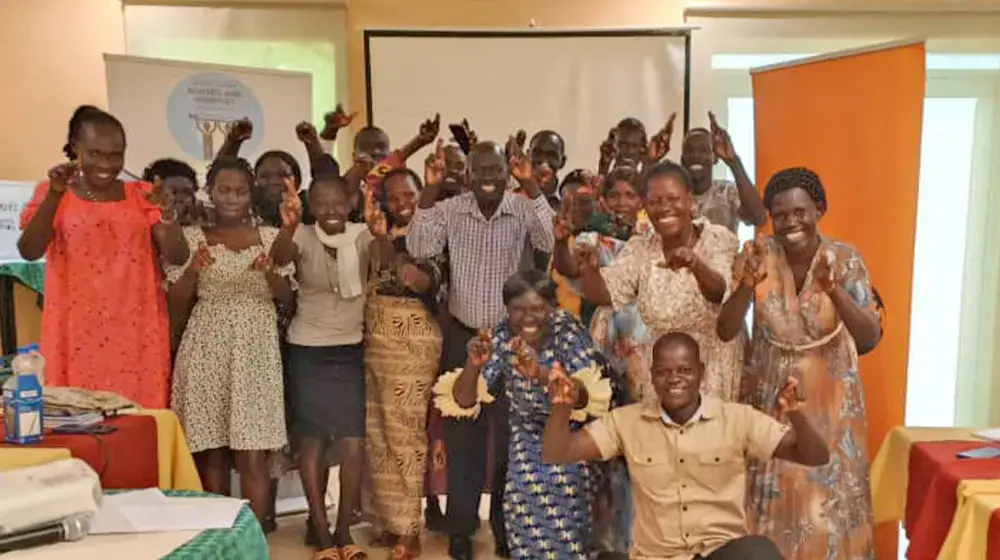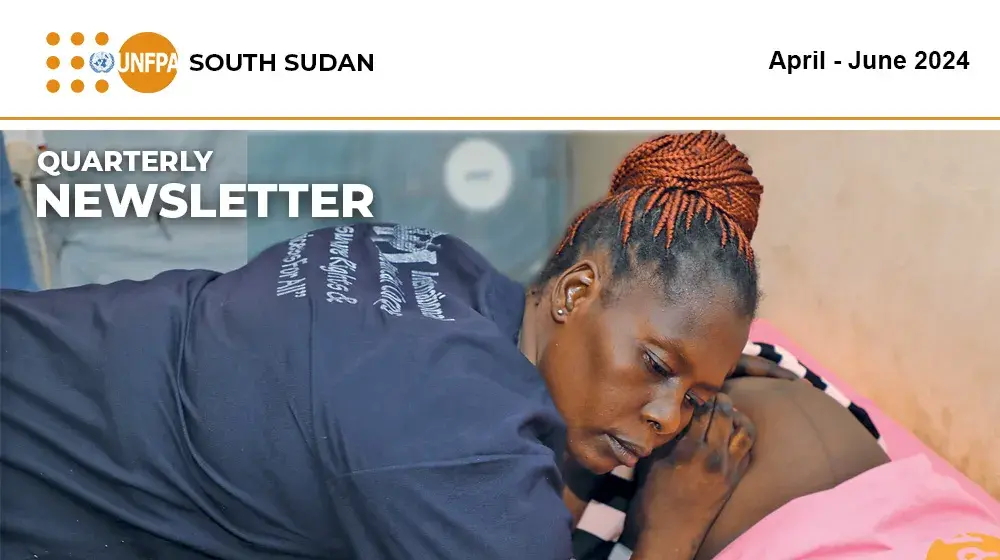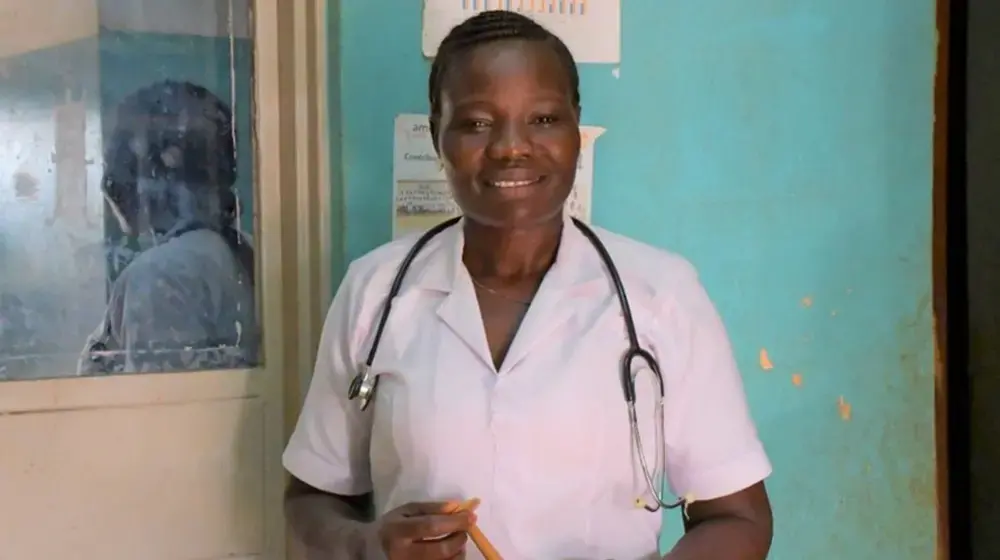UNFPA, the United Nations Population Fund, challenged parliamentarians to support the empowerment of women and girls, including their full access to family planning information and services, at the launch of the South Sudan Parliamentary Network on Population and Development (SSPNPD).
The parliamentary network was launched at the backdrop of World Population Day, which reiterates family planning as a human right, as declared 50 years ago at the UN International Conference on Human Rights in Tehran, Iran, where it was proclaimed that “parents have a basic human right to determine freely and responsibly the number and the spacing of their children.”
“Unfortunately, here in South Sudan, the percent of women of reproductive age who are using (or whose partner is using) a contraceptive method at a particular point in time is very low, at less than 5 per cent for all family planning methods and less than 2 per cent for modern methods,” said Dr. Mary Otieno, UNFPA Country Representative.
“The South Sudan Household survey undertaken in 2010 documented a high unmet need for family planning, with up to 31 per cent of women expressing a desire to space or stop childbirth but were not using any contraceptive method. It is therefore clear that we need to do a lot of work to help these women exercise this basic human right.”
The SSPNPD, chaired by Member of the Parliament Honourable Majur Babur, has been established to bring together and empower legislators to address population and development issues through advocacy, resource mobilization and evidence-based policy making and legislation.
The aim of the network is to prioritize reproductive health, including family planning, prevention of HIV and Sexually Transmitted Infections (STIs), and prevention of harmful practices such as child marriage and gender-based violence as they review and pass inclusive laws; approve, appropriate and monitor implementation of national budgets; including oversight and accountability in implementation of policies and programmes for national development.
The network will also focus universal attainment and enjoyment of reproductive health rights and the realization of demographic dividend at the core of population and development, in South Sudan.
“An effective network will require forging strategic partnerships with diverse stakeholders, including influential gatekeepers such as men, religious and traditional leaders, influential women groups and traditional birth attendants and, more importantly, key government line ministries to increase awareness and understanding of population and development matters, including reproductive health and empowerment of women, girls and young people,” Dr. Otieno said.
While she cited the poor social and health indicators in the country, Dr. Otieno also recognized the commitment made by the Government of South Sudan in London in 2017, when it came in solidarity with other countries worldwide in upholding family planning as a human right, and announced its commitment to the FP2020 initiative.
“This commitment from the government is a testament of its desire to have families exercise this basic human right to determine freely and responsibly the number and spacing of their children; and with the launch of this parliamentary network, I firmly believe we have unchained the leadership required to make a better future for the people of South Sudan,” she said.





